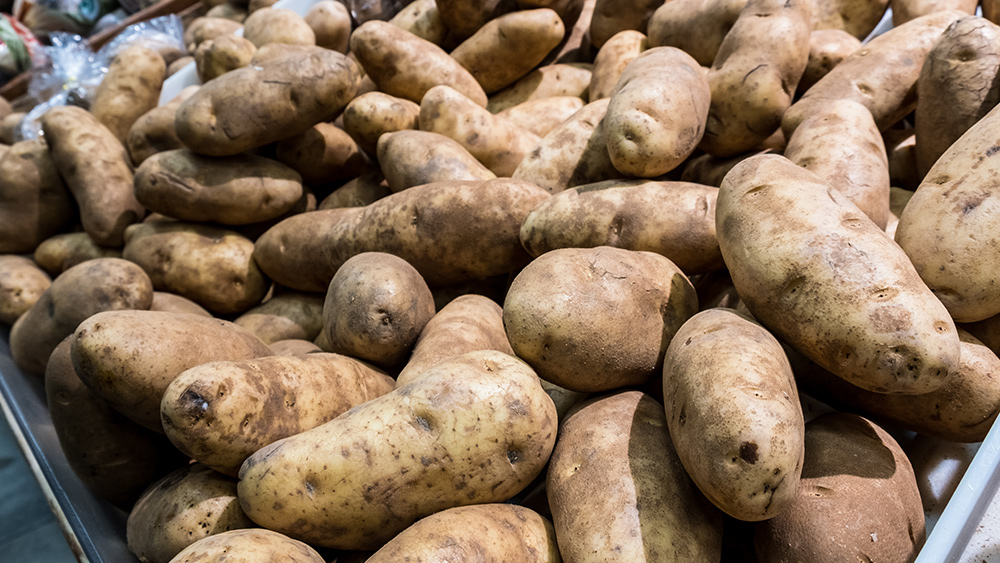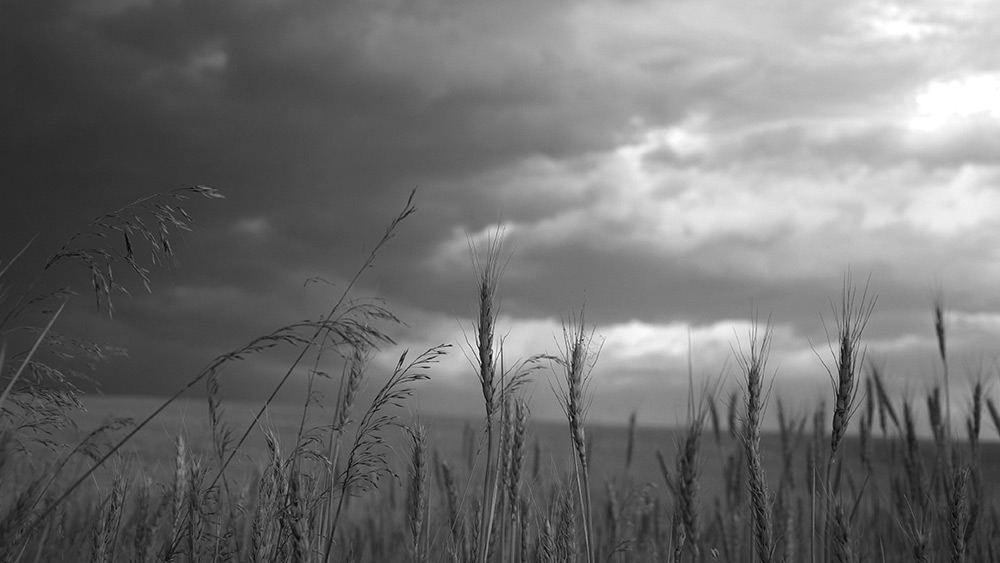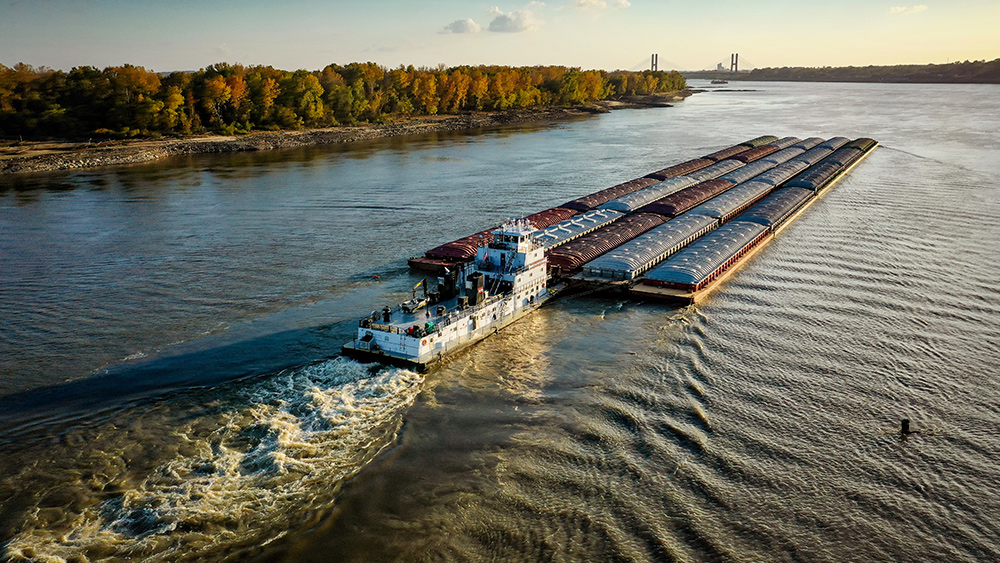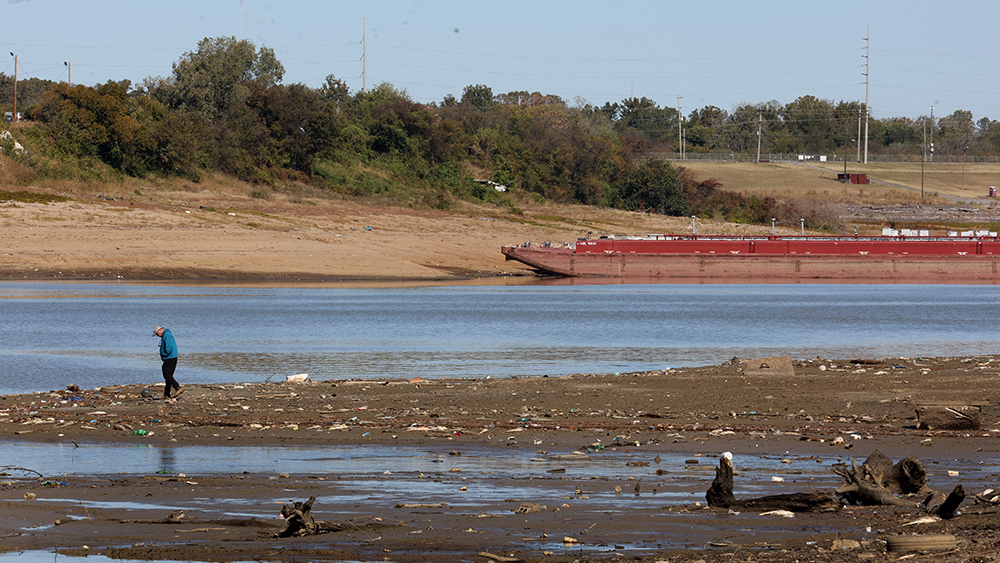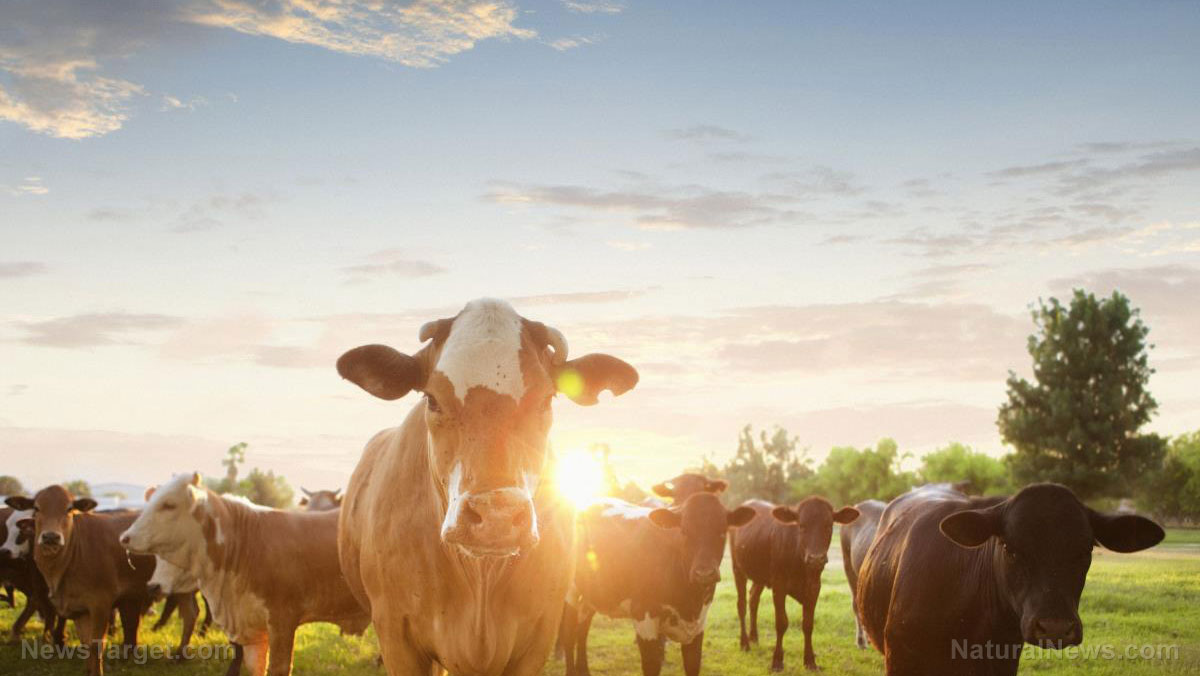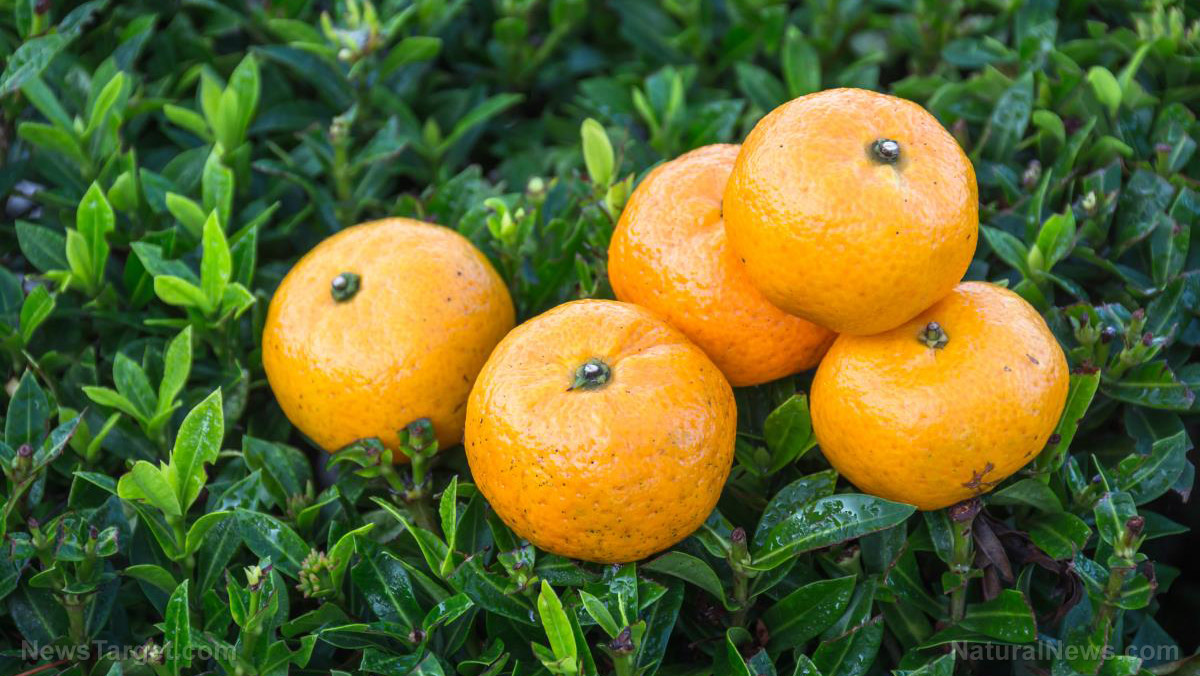Southwestern wells running dry due to drought; foreign-owned farms using U.S. water to feed cattle for export
11/10/2022 / By Ethan Huff
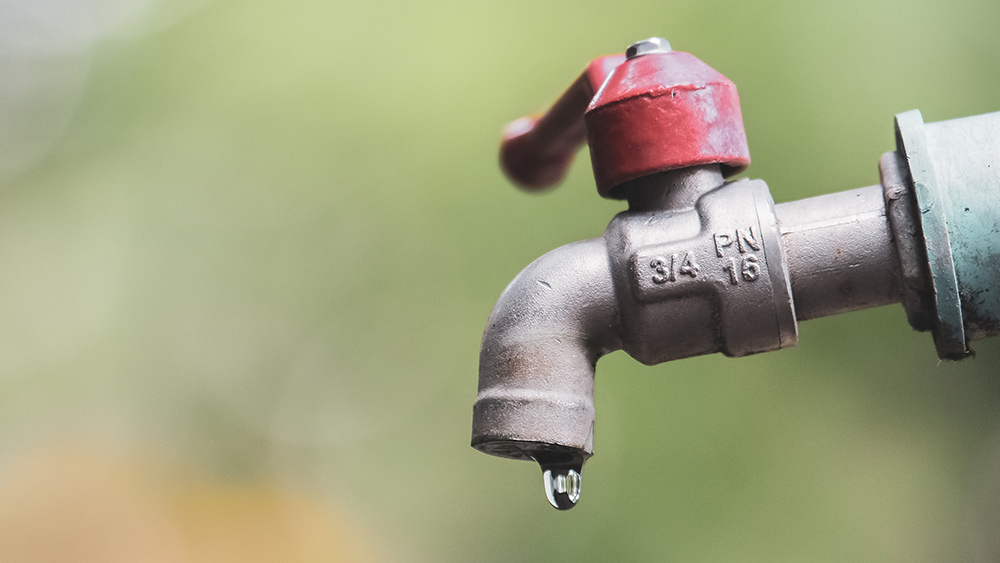
The worst drought in 1,200 years rages on in the American Southwest, which is plagued by groundwater overuse that is resulting in wells running dry.
Not only that, but foreign-owned companies are sucking what remains to hydrate fields that grow crops for cattle overseas, leaving increasingly less of it behind for actual Americans. (Related: The rail crisis is also causing problems for agriculture across the very-dry Southwest.)
United Arab Emirates (UAE)-based Al Dahra, for instance, owns land in Wenden, Ariz., that grows alfalfa. The company is rapidly pulling water out of an aquifer in the area that normally is still, but that is now moving due to the sheer volume of water being pulled.
“The well guys and I have never seen anything like this before,” says Gary Saiter, a longtime area resident and head of the Wenden Water Improvement District. The Al Dahra farm, he says, is “pumping and it was sucking the water through the aquifer.”
If the Southwest doesn’t crack down on foreign countries (mostly in the Middle East) sucking up all the water, it’s all going to disappear
According to Arizona geohydrologist Marvin Glotfelty, a well-drilling expert, it is illegal to take water from Arizona and export it out of state. However, there are loopholes that are being exploited.
“You can take ‘virtual’ water and export it: alfalfa, cotton, electricity, or anything created in part from the use of water,” he says.
As long as a company owns or even just leases a property to drill wells into in Arizona, water can be drilled in unlimited amounts. Only in about 20 percent of the state are there laws to regulate this in some way – the other 80 percent is a free-for-all.
Deeper aquifers are still doing alright but it is shallower wells in some municipalities that are reportedly drying up. In Salmone, for instance, a local water utility that provides for around 200 customers, including local schools, is “nearing the end of its useful life.”
Wenden is seeing problems, too. Depth-to-water, meaning how deep below the surface the top of the water table is, has dropped from about 100 feet in the late 1950s to 540 feet today. The average residential well can no longer reach it.
Town wells are deeper and can still access that water, but this, too, is becoming more problematic as time goes on. Eventually, it will not be possible for those to pull up water either.
According to Holly Irwin, the supervisor of La Paz County, it has been a “frustrating” years-long battle trying to put a cap on the overuse of water throughout the area. She says many area residents feel “forgotten” as Middle East agriculture companies “have depleted their [water].”
“That’s what angers people the most,” Irwin is quoted as saying. “We should be taking care of our own, and we just allow them to come in, purchase property, and continue to punch holes in the ground.”
Keep in mind that some countries in the Middle East, including Saudi Arabia, do not allow water-intensive crops like alfalfa and hay to even be grown in their countries because of water depletion concerns. That country and others instead exploit our resources because they can.
Saudi Arabian companies reportedly own thousands of acres of land in Arizona, California, and elsewhere that is used to grow crops to feed dairy cows back home. None of their operations benefit Americans in any way, other than the private landowners from whom their land was purchased.
While none of this is technically illegal, it is certainly concerning and warrants further investigation into perhaps making it illegal in the interest of protecting our country’s natural resources against this flagrant exploitation – especially amid record-breaking drought conditions.
More related news can be found at WaterWars.news.
Sources for this article include:
Submit a correction >>
Tagged Under:
big government, cattle, clean water, climate, crops, disaster, drought, environment, famine, foreign landowners, national security, rationing, scarcity, southwest, traitors, water shortage, water supply, Water Wars, weather terrorism, wells, world agriculture
This article may contain statements that reflect the opinion of the author
RECENT NEWS & ARTICLES
WorldAgriculture.News is a fact-based public education website published by WorldAgriculture News Features, LLC.
All content copyright © 2022 by WorldAgriculture News Features, LLC.
Contact Us with Tips or Corrections
All trademarks, registered trademarks and servicemarks mentioned on this site are the property of their respective owners.

